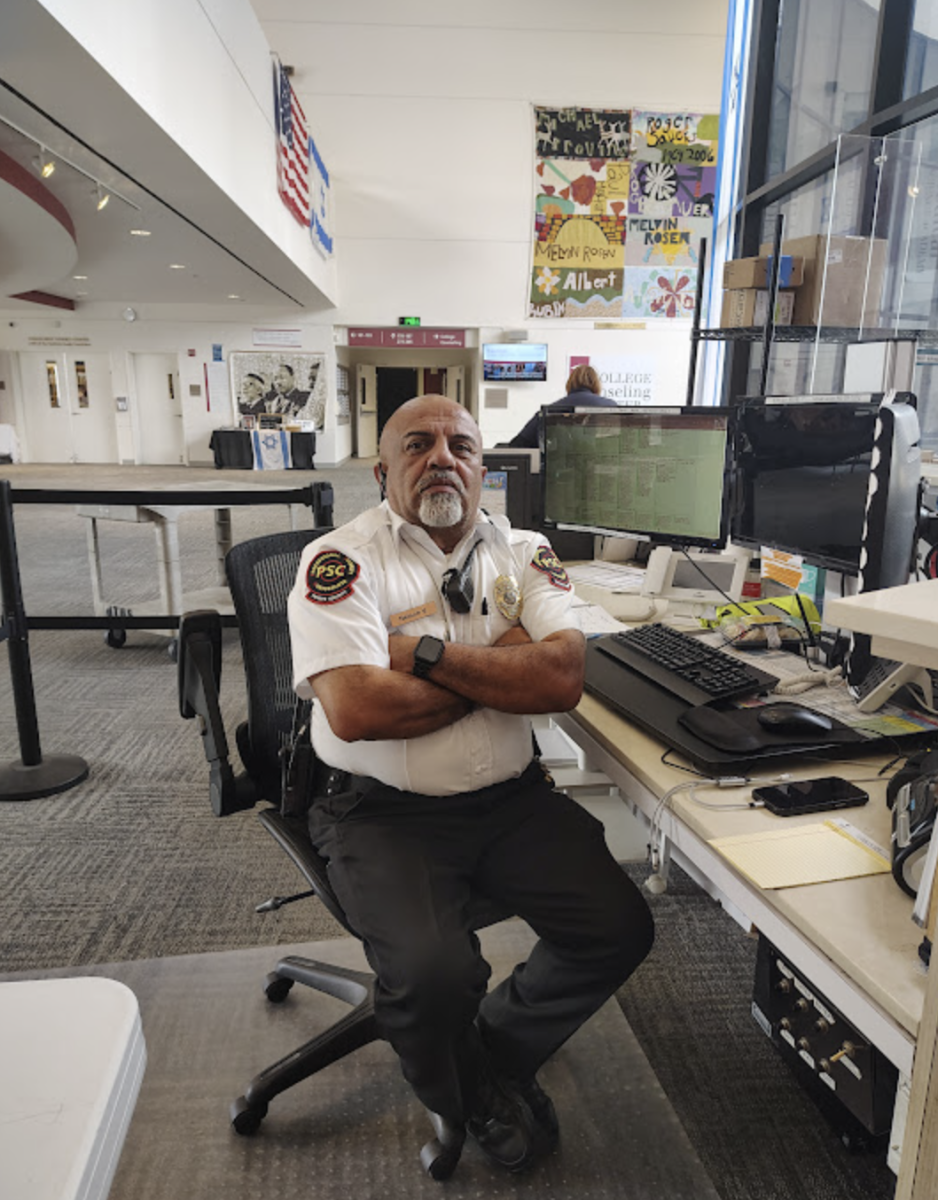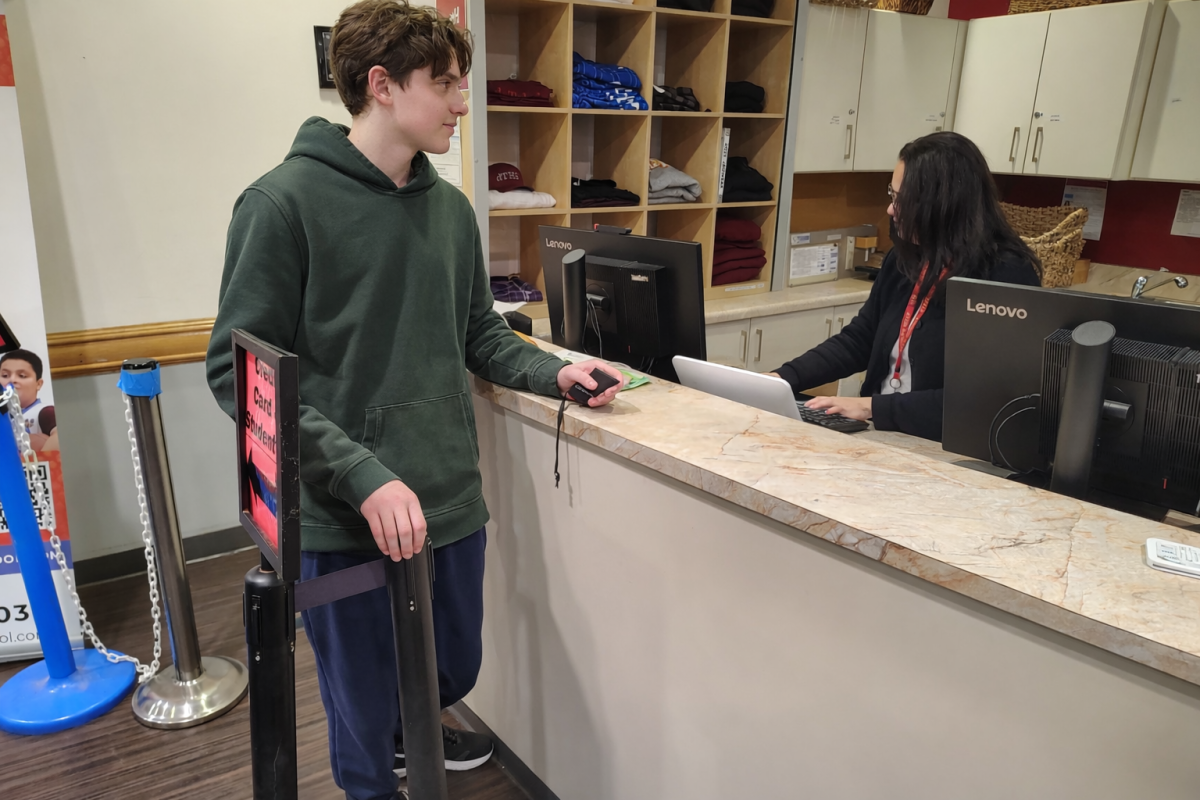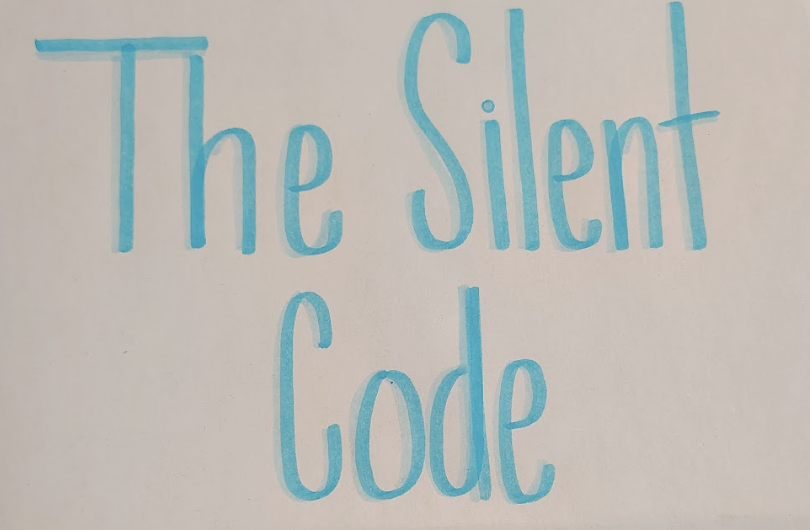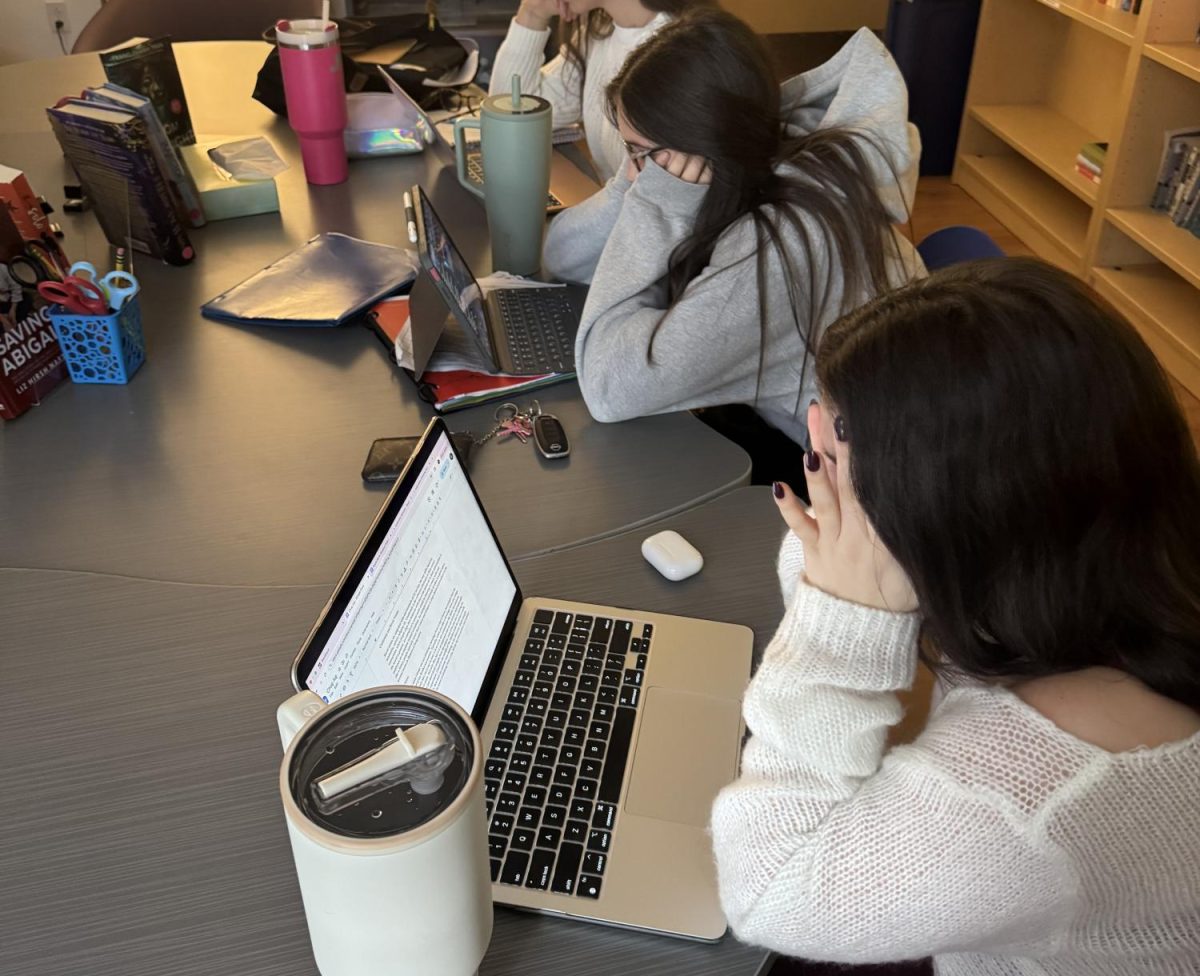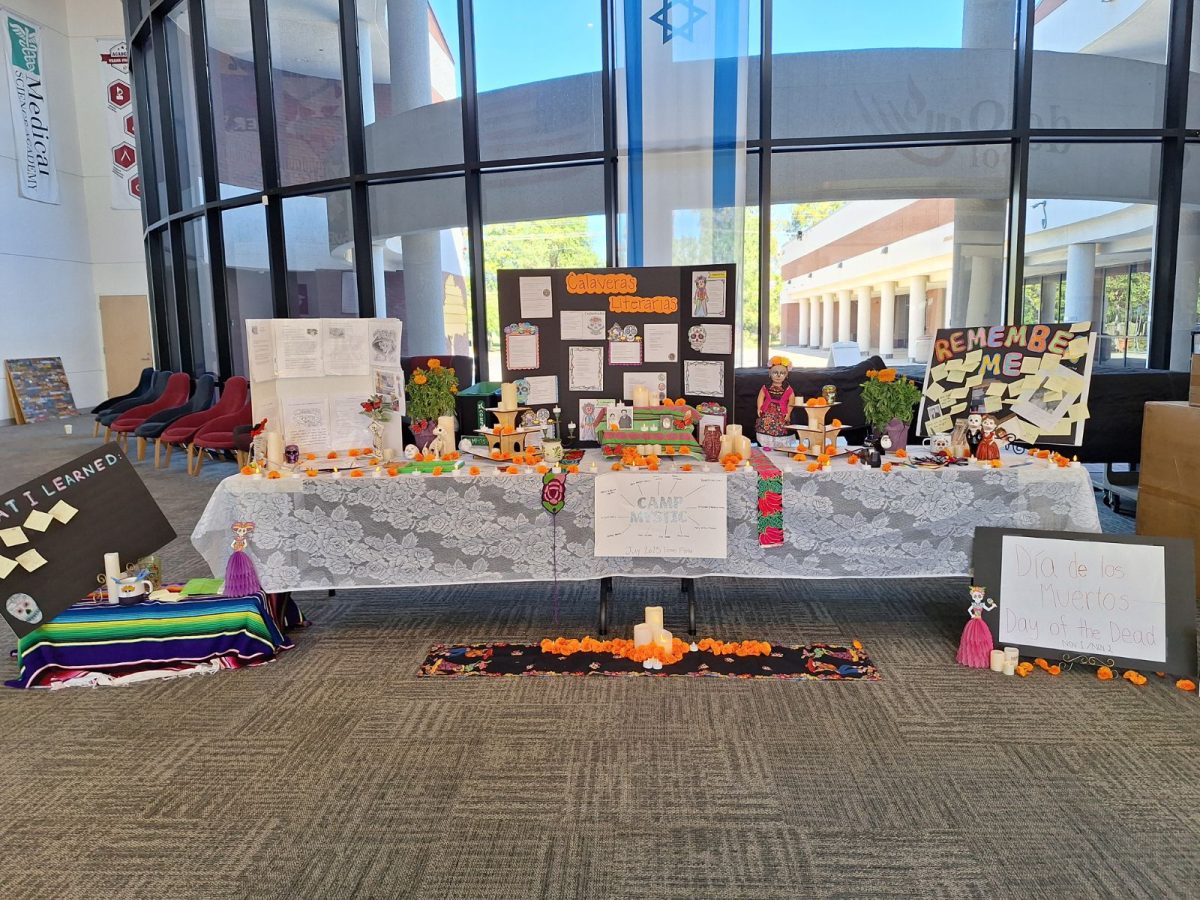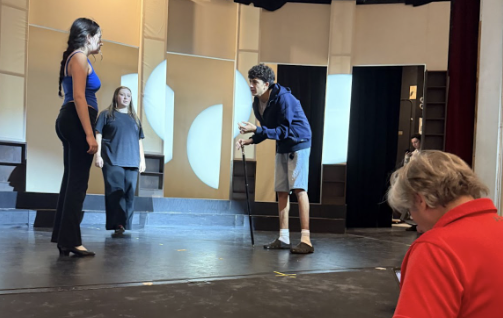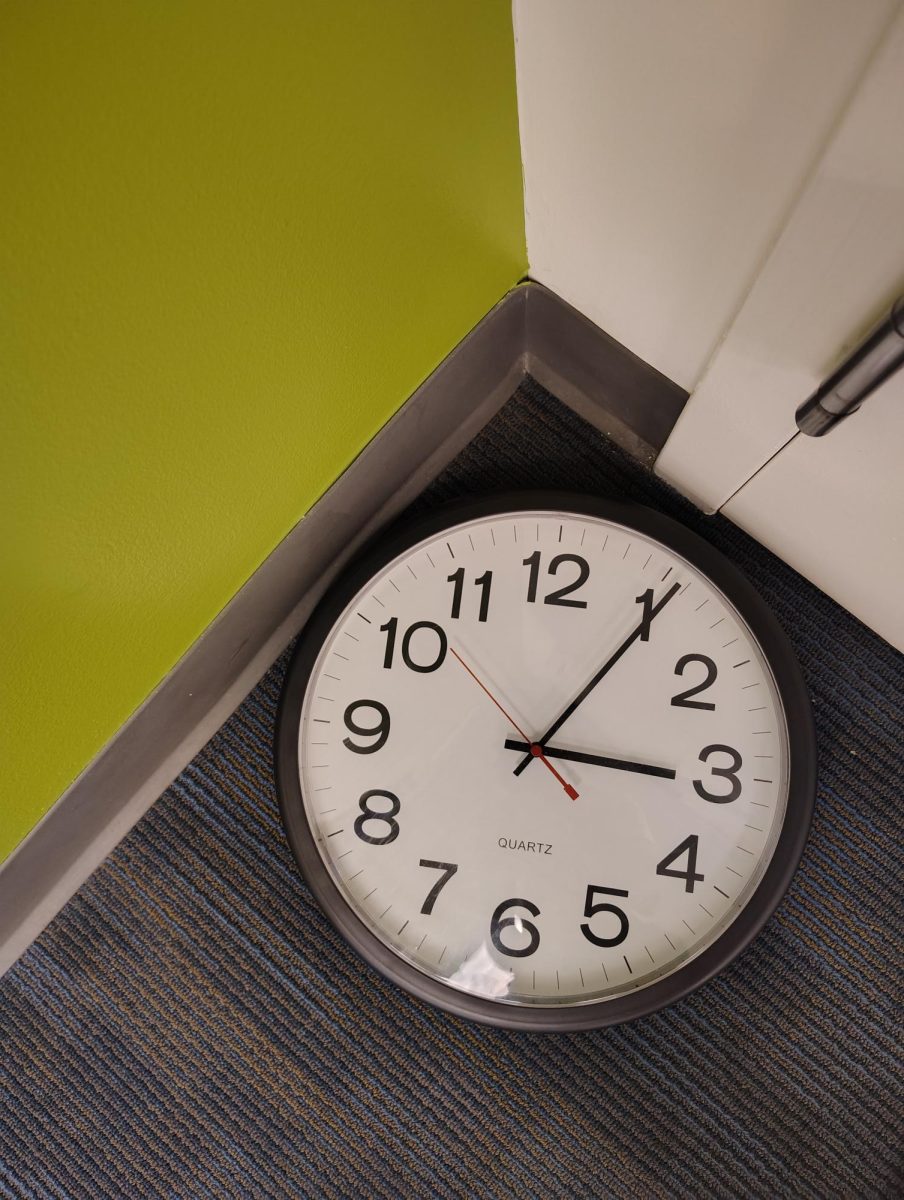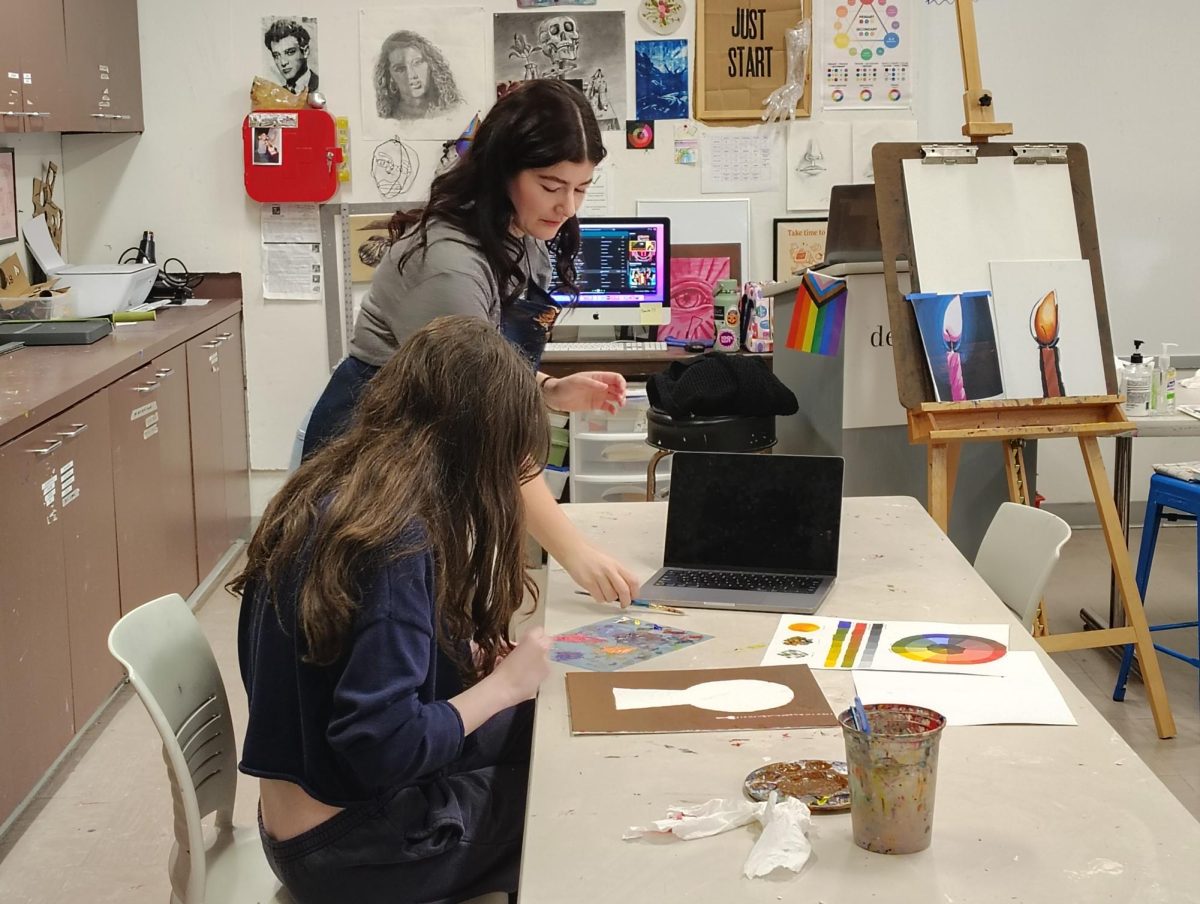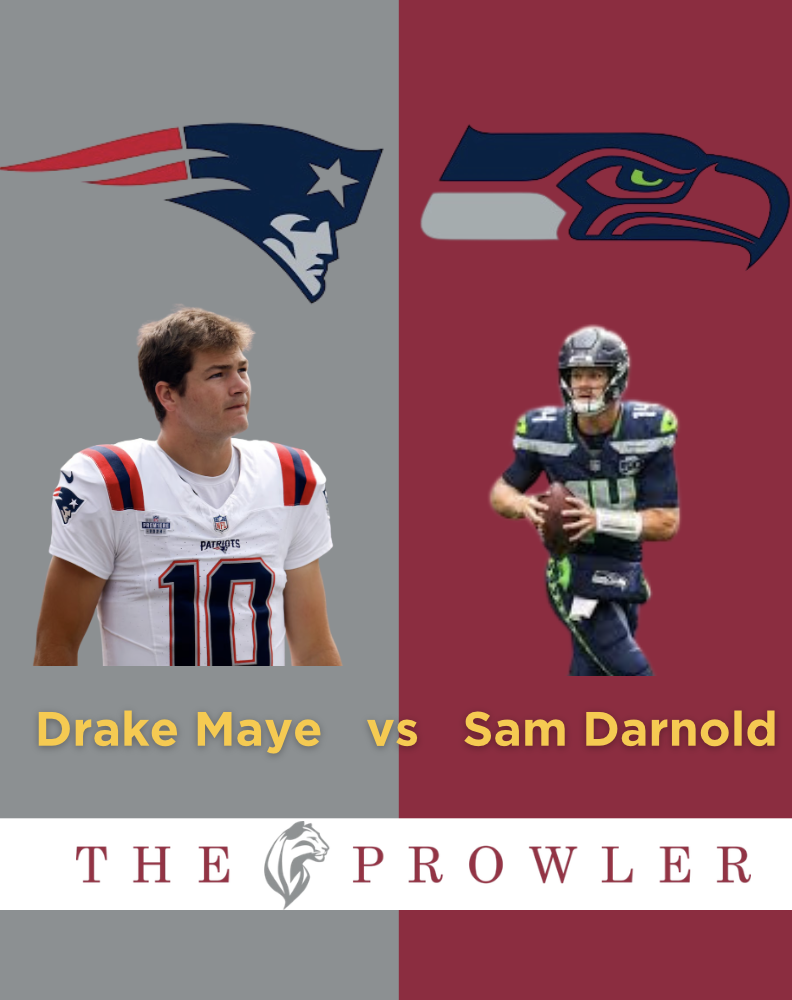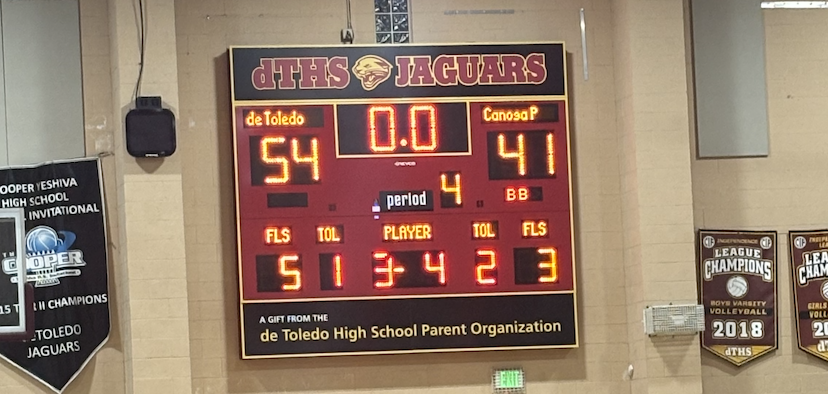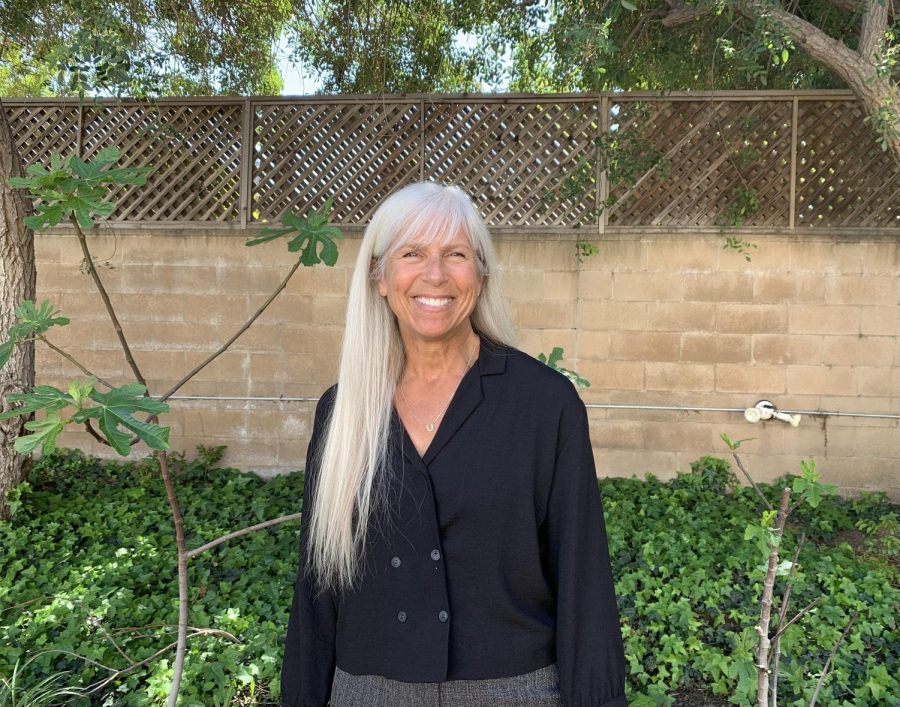Beloved School Psychologist Imparts Wisdom
![]() Dr. Lise Spiegel, Ph.D., is a licensed clinical psychologist who has spent her life working to help others. In young adulthood, she attended Mannes College of Music in New York City and the Yale Graduate School of Music to pursue a classical music career, but ultimately switched to the field of psychology, earning her doctorate in clinical psychology. Her career has led her to work in an array of environments, from hospitals to colleges to private practice, and now has led her to be the school counselor and AP Psychology teacher at de Toledo High School.
Dr. Lise Spiegel, Ph.D., is a licensed clinical psychologist who has spent her life working to help others. In young adulthood, she attended Mannes College of Music in New York City and the Yale Graduate School of Music to pursue a classical music career, but ultimately switched to the field of psychology, earning her doctorate in clinical psychology. Her career has led her to work in an array of environments, from hospitals to colleges to private practice, and now has led her to be the school counselor and AP Psychology teacher at de Toledo High School.
Her compassionate and empathetic attitude deeply impacts our community, as many students confide in her and trust her advice. Dr. Spiegel helps students grow and persevere, while still reminding us to live in the now.
What made you realize that the life of a solo traveling artist wasn’t for you and how did you decide or discover that Psychology was what you wanted to pursue?
Wowzers, how long do you have? Um, let’s see. I did a tour in the fall of 1989 that my agent in New York set up. I had been married three years, and I realized I just didn’t want to be away from home this much. I mean, I was a soloist – I didn’t travel with anybody. I practiced or played five hours a day, ironed my black clothes, and then played my 8:00 recitals. That was the life. It was very solitary, it was very lonely, and I was thinking of starting my family which was really counter to the way I was professionally living my life. My tour ended with concerts in Cal State Northridge, so I decided to take a course there in music therapy, which is using music in a therapeutic context. I was trying to think, “How can I use my music to help people?” ‘cause that’s all I knew. Part of the requirement for the certificate in music therapy was a Psych 101 course…I had never taken a Psychology course, never, and at that time I was 30 years old. I was a conservatory graduate school of music brat – all I knew was music. So when I took this course, the world opened up. I couldn’t wait to go to school, I couldn’t wait to take that class, and I picked my professor’s brain constantly. When I started the course, I had just found out I was pregnant, so I knew I was gonna have a baby in January, and it kind of gave me an excuse to just finish my concert series, take a breath, take care of my health, and keep working on my music. The more I took this Psych course, though, the more I realized, “This is the greatest thing in the universe, and it is so me.” And so when I was literally 8 months pregnant I applied for a Ph.D. program in psychology, and I had my interview for the program when my son was 10 days old. I was very unstressed about the interview because I had a 10-day-old baby and my world was my family, so if I got in great and if I didn’t get in I’d wait and try again. But I got in. And so when he was 8 months old the following September, I began a Ph.D. program in psychology.

That’s a badass story, wow. After years of working in hospice settings, college settings, and a plethora of other endeavors, why did you choose to become a high school counselor?
So, I love teenagers – I love older teenagers – my favorite age group is like 16-20.
Can I ask why? I-I don’t agree.
*laughs* That’s because you’re still one! Um, and I’m being funny, but I’m not. I remember that time of my life like it was yesterday, and I swore that I would never forget how extreme it was. I don’t want to say bad or good – how extreme it was. So I swore I would never forget it. No matter what. I just think it’s a really tough time of life where you are trying to assert independence, and yet everyone is telling you what to do. And it’s a very, very conflicted time for the human to go through until you can start to spread your wings and assert who you think you want to be. So that’s why I love that transitional age. Because I can look back on it and remember, but I also can see that given the right factors and the right support it really can get better and you really can come into your own.
Is being a therapist/counselor fulfilling or burdensome? Do you ever feel emotionally drained at the end of the day?
Both fulfilling and burdensome. And I will tell you most of the burden tends to be the adults that I have to deal with around my teenagers. It’s usually parents – parents who are paying the bills – and since I’ve worked at schools, it’s often the rules of the school or the university that keep me from being able to do what I think is the right thing to do. When I started practicing, I would take it home, but then I learned what I can do and what I can’t do in terms of my wellbeing. I worked at Children’s Hospital for two years and learned that I cannot work with children who have cancer or brain tumors. Having young children at that time, I couldn’t let it go. But even now, problems that people have weigh on me some days more than others. I go above and beyond to check in on people that I am extra worried about, whether it’s a private client, a kid, or a student here. So yeah, I take it home but I’ve gotten better over the years. There’s an expression in therapy that’s used, and that is “you can’t save every puppy in the pound.” Since I’m an animal person, I hate that expression, but it’s true. It’s true.
Being a person who goes to therapy myself, I’m curious about this one: How does someone know if they are going to the “right” therapist? Have you experienced a wrong fit, and if so what was it like trying to find that person a “better fit?”
Great question. So around 20 years ago, Consumer Reports did probably the biggest study about efficacy of therapy and what goes into quote unquote ‘successful therapy.’ They looked at gender, they looked at age, they looked at medication, they looked at location – I mean it was a huge study. Like 10,000 clients. Patients. And the thing that kept coming up the most, and seemed to be the factor that was what people should keep in mind was, “How comfortable am I with this person sitting in the room?” Which I call good-fit. If you’re not going to spill your guts and disclose everything you’re going through, everything you’re feeling, to that person because you’re worried about being judged, because you don’t like their voice, you don’t like their office walls, anything, then that’s not a good fit and you shouldn’t waste your money. When I was starting out, I would give 20 free minutes to people as a marketing tool, and then I would let them decide how they felt sitting with me. So they could get a sense of me, of my office, who I am, how I speak…And then they would let me know if they wanted to come back.
I tell people looking for therapists is like shopping for shoes, which anyone who knows me knows I’m a shoe addict. Some things fit and some things don’t. Some things feel right and some things don’t – you don’t break ‘em in. This is a serious thing to do, to open your guts and disclose your past, present, and dreams, so you need to be comfortable with that person from the get go. If you’re not, listen to the hairs on the back of your neck and try someone else. What was the second thing you asked me?
Just what the therapist side of that experience is?
If it’s an issue that I don’t know well or that I don’t feel comfortable working with, I usually know people, because I’ve been doing it for a long time, who do do that. I will ask the patient, “Would you prefer a male/female? Do you want someone in the LGBTQ community? What’s gonna make you more comfortable walking in the room?” Because to walk in the room to see a therapist is a very courageous thing to do. It’s intimidating; it’s nerve wracking, especially if you didn’t grow up around it. So I’ll ask students or people that I don’t think I should work with, “What do you think would help your comfort level?” And I will find that person for you.
On your website, you claim to be able to understand and relate to the “pressures of having to produce after many hours of work” from your years as a traveling classical musician. How does that experience of rigorous discipline help you better understand your patients?
I grew up with a discipline. Because of being a musician, that gave me a self-discipline, a motivation, and persistence that not a lot of people have. If I tell you I’m gonna do something, it will get done, and it will get done the best I can do it. And I won’t give up. I’m very very persistent. Like annoyingly. There’s this sense of just not giving up on anybody. And often patients will say, “Oh, I’m such a pain” or “I know I’m difficult,” or “I know I’m stubborn. Are you gonna fire me?” And you have to give them that reassurance that you are not gonna give up on them. That you are going to see them through. That you care, that every life matters, and that every story matters.
Is music still your passion? What is your passion?
Great question. I will always love music, I still play my guitar occasionally, and I listen to music constantly, but my passion got replaced because I didn’t have to protect my hands so much and my body so much. Now my passion is horses. I mean, the people who know me well know that my two passions are the Beatles and horses, so yeah, horses are my therapy, and I have a whole horse family of women around my age and little younger. We all ride together – we compete together – and we’re actually pretty serious and pretty intense. So that’s my passion. Because I don’t have to be so careful about *laughs* my hands. But I will always love music.






